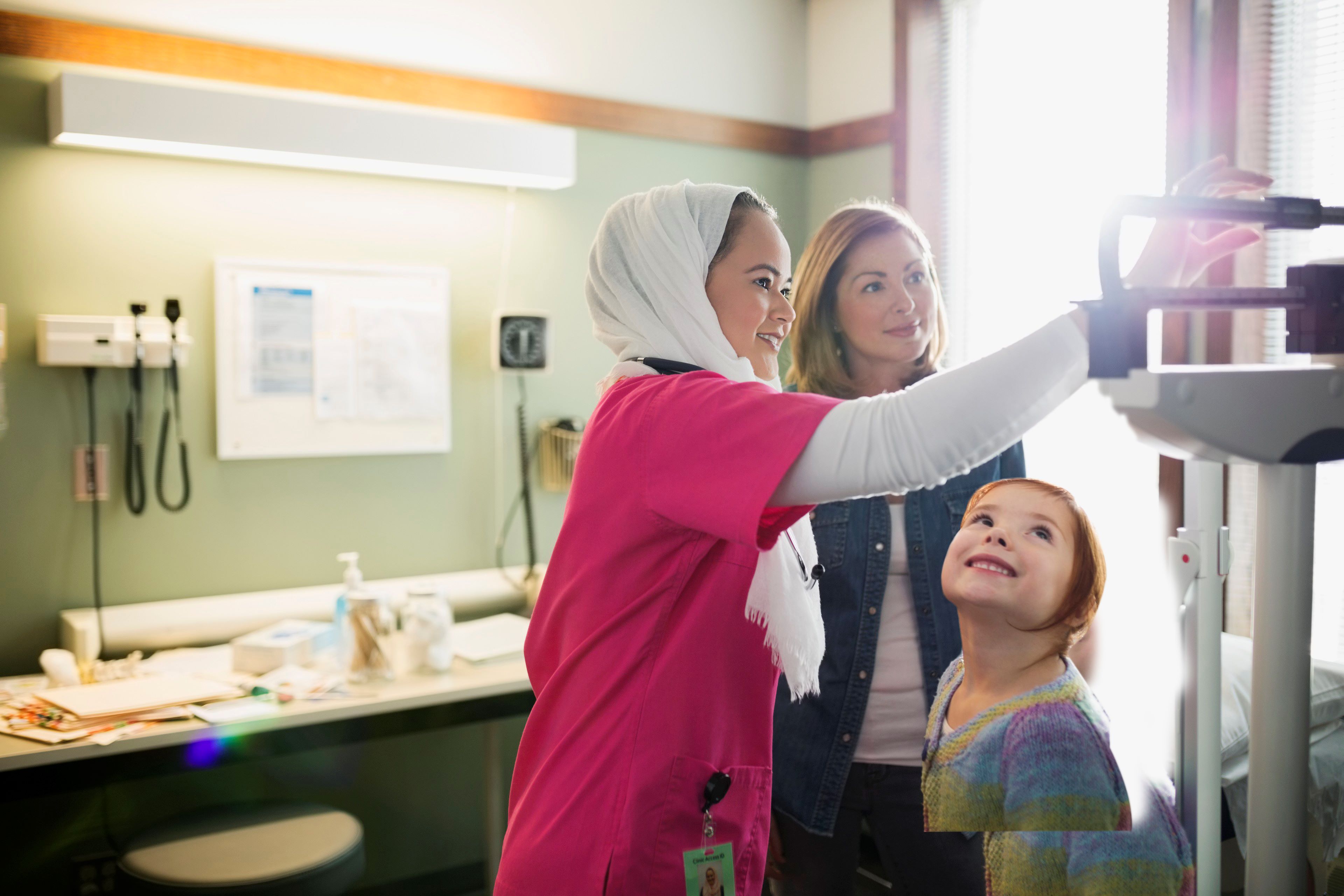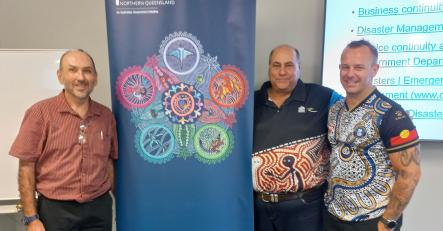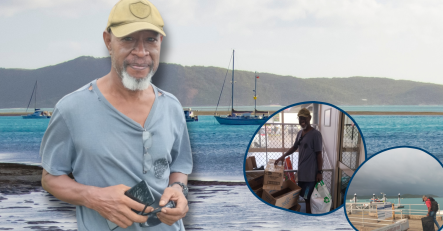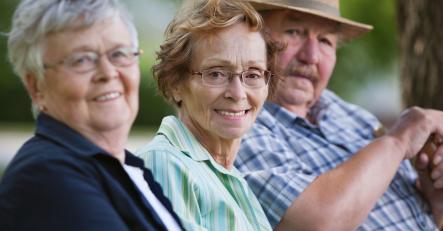Maria Liza Acabo Edubas Callaghan is a registered nurse, midwife, and migration law graduate passionate about building compassionate communities.
Her dedication to this work is reflected through her role at Northern Queensland Primary Health Network (NQPHN) as the Older Person's Health and Palliative Care Manager, and her pro bono work in the community.
Maria was recently nominated for a Cairns Regional Council International Women’s Day Woman of the Year Award for her pro bono work with culturally and linguistically diverse (CALD) women, who are in Australia on temporary partner visas and experiencing domestic violence, and her work with NQPHN’s North Queensland Health Community Connectors Network.
Through her advocacy and hands-on engagement in building compassionate communities from Weipa to Maroochydore, Maria has worked with countless CALD individuals, family carers, and community groups.
“I strive to help improve the health, wellbeing, and lives of people in our region – and I love it. It fulfills my need to contribute,” she said.
“Women experiencing domestic violence are vulnerable. CALD women on temporary partner visas are even more vulnerable as they have next to no support network.
“What I have seen is that when these women get the courage to reach out for support, their partner may emotionally blackmail them by saying they will stop the partner visa sponsorship or that they will be deported.
“Sadly, many CALD women in these situations believe their partner because they don’t have a support system or access to the right information.”
Maria said her role within the CALD community was to empower women with information and choices.
“I help them understand that they have choices and there are laws to protect them here in Australia,” she said. “If necessary, I also identify and connect them to available services. This is the same concept as Compassionate Communities.”
Compassionate Communities is a globally recognised approach to improving the end-of-life experience for people by establishing local networks, groups, and services to be more conscious, aware, and equipped to offer support.
Through NQPHN, Maria has led the implementation of the North Queensland Health Community Connectors Network, under the Compassionate Communities movement, training more than 350 health community connectors to help people access the services they need as they age, are near the end of their life, or who are grieving loss.
“As a Compassionate Communities builder and health community connector, I help establish a wrap-around informal support network for families affected by life-limiting illnesses so they can access the services they need,” she said.
Maria currently chairs the North Queensland Palliative Care Interagency Steering Committee, which brings together peak bodies, government departments, service providers and compassionate health community connectors.








